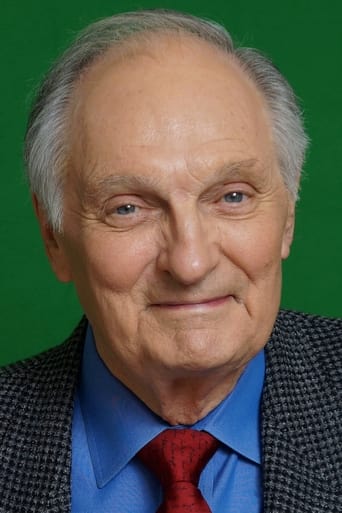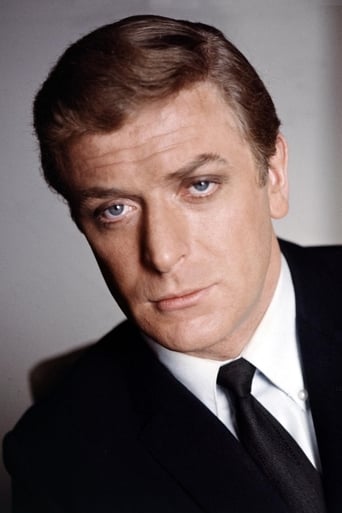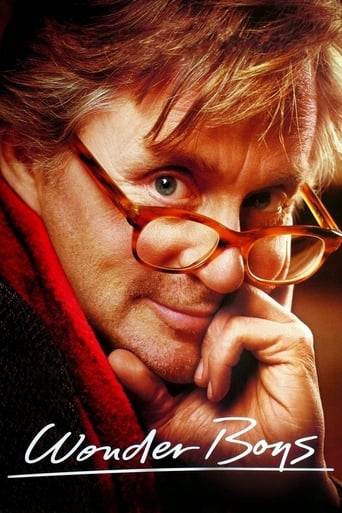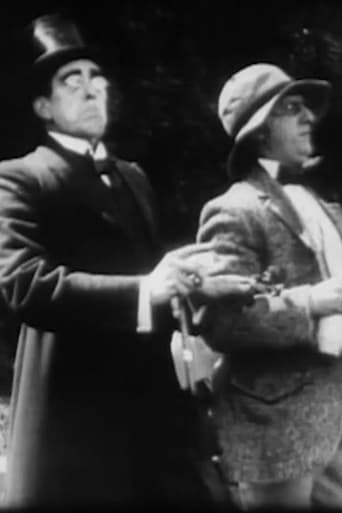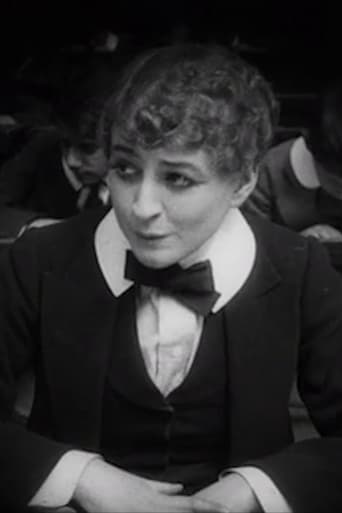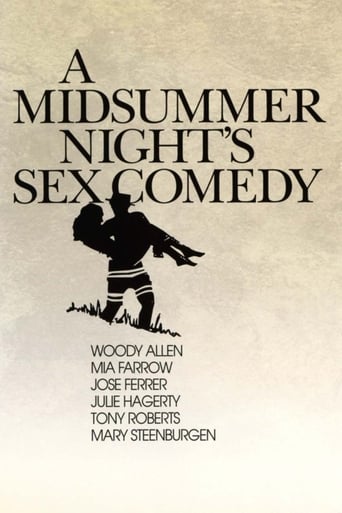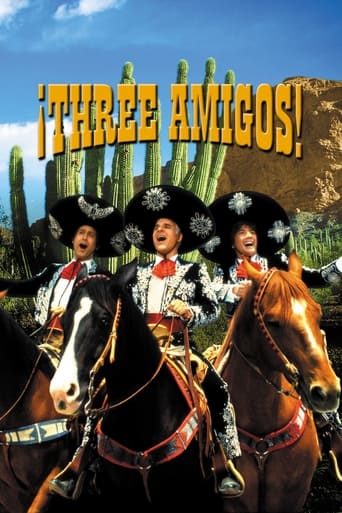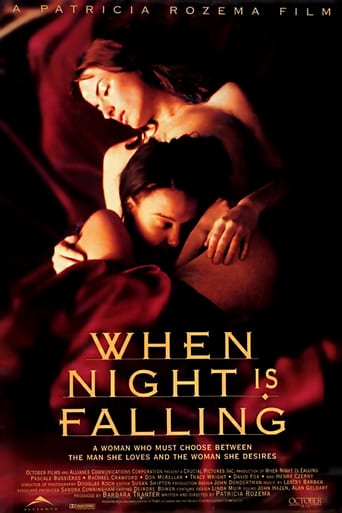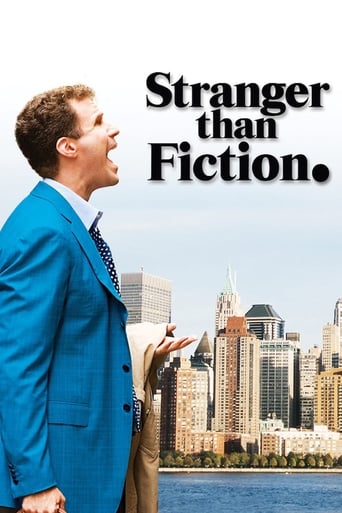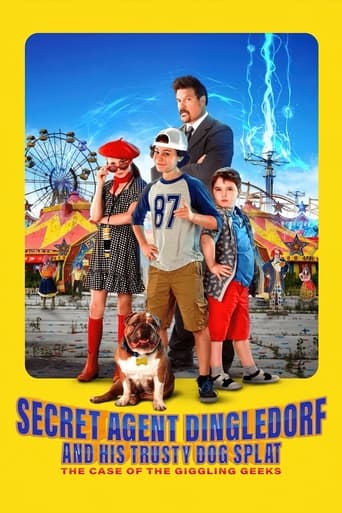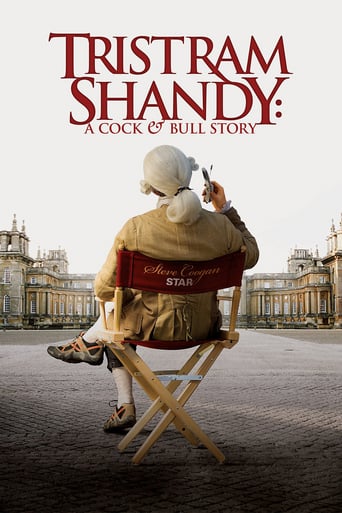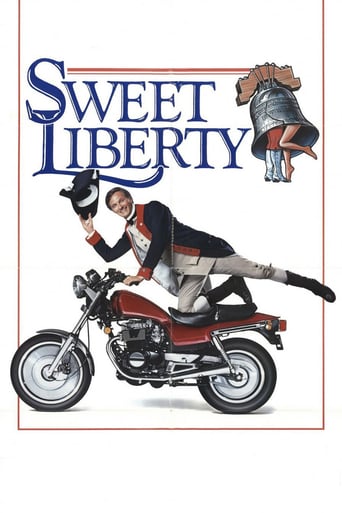
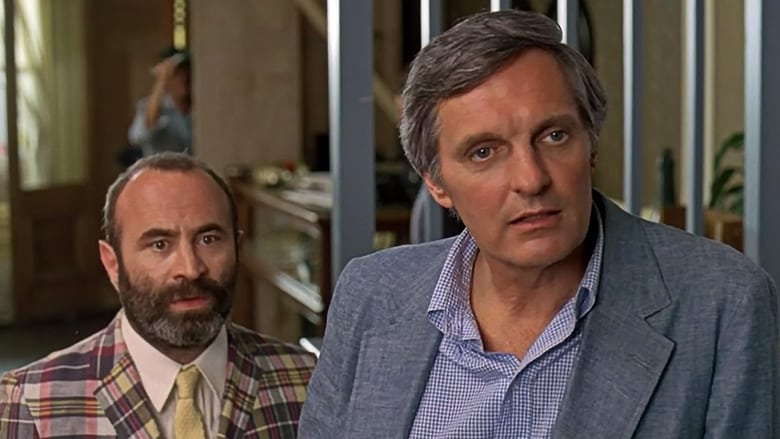
Sweet Liberty (1986)
Michael has written a schollarly book on the revolutionary war. He has sold the film rights. The arrival of the film crew seriously disrupts him as actors want to change their characters, directors want to re-stage battles, and he becomes very infatuated with Faith who will play the female lead in the movie. At the same time, he is fighting with his crazy mother who thinks the Devil lives in her kitchen, and his girlfriend who is talking about commitment.
Watch Trailer
Cast


Similar titles
Reviews
If you've ever wondered how Alan Alda went from being one of the most popular figures in American entertainment after M.A.S.H to being an aging character actor playing small parts in other people's movies, Sweet Liberty is the reason. This thing is so appalling, I'm surprised it only crippled his career and didn't cause him to be retroactively expelled from the space-time continuum.This movie tries to be about 8 different things and it sucks hard at all of them. It's about history professor Michael Burgess (Alan Alda) and his weird relationship with his girlfriend, Gretchen Carlsen (Lise Hilboldt). He desperately wants them to move in together and just as desperately doesn't want to get married. She doesn't want to get married or live together, just keep banging him. It's about Michael's even weirder relationship with his crazy mother (Lillian Gish), who sleeps on her own sofa and demands to be reunited with an old boyfriend she hasn't seen in decades. It's about Michael's fights with movie director Bo Hodges (Saul Rubink), who's comes to town to make a movie out of Michael's book on the American revolution. Saul wants to make it into a teenager-pleasing piece of crap that's all about defying authority, blowing stuff and people getting naked. Michael wants it to be historically accurate with everyone wearing the right kind of hat.Sweet Liberty is also about Michael's relationship with the movie's lead actress, Faith Healy (Michelle Pfeiffer). You see, Gretchen conveniently breaks up with him right before the movie starts production and Michael falls in love with the character Faith is portraying. Michael appears to be some sort of idiot savant, capable of writing a successful book but incapable of recognizing when an actress is acting. He also has to worry about the movie's lead actor, Elliot James (Michael Caine), who's like an overgrown child who only cares about fencing, driving recklessly and sleeping with as many women as possible. Helping Michael navigate the minefield of the movie's production screenwriter Stanley Gould (Bob Hoskins), who wrote the script based on Michael's book even though Stanley acts more like a Catskills comedian or a vaudevillian stage comic than a writer.The film also wastes time on Elliot's adulterous affair with a local woman and a feud between the stuntmen working on the movie and the local American Revolution re-enactors who've been hired on as extras.Now, if any of the things I've just described seem even vaguely interesting, I apologize for misleading you. Sweet Liberty isn't funny, it isn't clever, it isn't engaging or enjoyable on any level. I t is sad and pathetic to watch Hollywood legend Lillian Gish lamely attempt to ham her way through a "wacky" old lady role that couldn't have been more poorly written if it had been done by a 5 year old orphan. Lise Hilboldt moronically grins her way through every scene, no matter the context, like she was heavily medicated for the entire production. Alda's direction is incompetent and his script is a jangled mess.Sweet Liberty is proof positive that there had to have been a lot of extremely talented people working on M.A.S.H. because despite his star status, it's clear that Alda couldn't have had much to do with the show's success.
I like this very silly movie about the making of a movie set during the Revolutionary War. History takes a back seat to the backstage madness as film crew invades a small town in the American South... ...except that this film was filmed on Long Island. Living on the Island I get great joy watching all the technical gaffes in the film, only the lead characters cars have non-New York license plates, a Long Island Railway Train goes by in the background and on it goes. You don't have to have sharp eyes to see the errors, they are glaring if you know that they are there. They don't take away from the fun, they add to it since as Alan Alda's character quickly finds out, there is nothing real about making movies.The cast is great across the board, with everyone seeming to have such a good time its infectious. See this movie, its just a lot of fun.
I have seen this film several times and on the most recent viewing, I noticed a continuity goof. Alan Alda's character Michael Burgess reads the Hollywood-ized script that has "not been taken" from his book and is outraged at the changes and historical inaccuracies. He spends the entire movie trying to make things right again, even going so far as to sabotage the filming. But then at the end, Michael accosts the director Bo Hodges and blithely apologizes for what he's done. If Michael Burgess is so outraged all through the film, why does he suddenly recant and apologize for his actions at the very end? He seems to be indecisive.This jolted me a little, but did not diminish my enjoyment of this otherwise fine film and its gentle comedy. It's well worth seeing.
Michael, a history teacher in a small East Coast town, has written a scholarly book about the American Revolution. Hollywood has decided to turn it into a movie, and cast and crew are descending on Michael's hometown to shoot the location scenes. The author gets a shock when he sees how is work is being revamped for the big screen. Alan Alda wrote, directed and stars in this good-natured romantic comedy. We are in classic Alda terrain here, the unspectacular small-detail world of domestic discord and couples who feel compelled to analyse their love lives. "You buy dishes together," ventures Michael, "and you invite people over. Then you talk about them in the bathroom while you're brushing your teeth." This is the microsmic universe that Alda loves to explore. Michael has three problems, all linked, which are currently exasperating him. Firstly, his aged mother (Lillian Gish) is very dotty and in need of care, something she steadfastly refuses to accept. Secondly, his lover Gretchen (Lise Hilboldt) won't cohabit unless he marries her. Thirdly, the Hollywood company which has come out east to make the film has desecrated his work by turning it into a lightweight (and historically worthless) love story. "I just wrote the book from which the movie has NOT been taken," fumes Michael. Faith Healey (Michelle Pfeiffer) is a method actress and a very big star. When in costume she is in character, even to the point of talking in 'colonial' English offscreen. Michael and Faith become romantically entangled, until Michael realises his mistake. There is no person at the core of the actress - just a creature voracious for the period detail that only Michael can supply. She was playing the part of a lover in order to draw from him what she needed. Elliott James is selfish and shallow, but incredibly charming and enormous fun to be around. A leading man who cares nothing for films, or even other people, he lives his life as one long party. Michael Caine parodies himself, and in the process turns in a commendable performance as the eternal matinee idol. Alda can certainly write. His dialogue always flows beautifully, and his understated characters are utterly believable. When Michael's 'authentic' 18th-century dialogue is spoken, the venerable cadences are gorgeous. Essentially, the film is about the artifice of movie-making. "Who really knows what happened a coupla hundred years ago?" asks the director (Saul Rubinek). The issue is, how far should film-makers go in disregarding historical truth in order to obtain audience approval? Films are, of necessity, separate and distinct from their source material - but in the trade-off between authenticity and popularity, where is the balance to be struck? A New England community such as this one is fiercely proud of its heritage, and indeed very knowledgeable about it. The guys who stage War of Independence re-enactments know in minute detail about the manoeuvres, skirmishes, equipment and ammunition which constituted real events and which form their living culture. It is an affront to these people for ignorant West Coasters to play fast and loose with their sacred lore. In a film about the artifice of film, Alda makes intelligent use of cinema tricks and conventions. Elliott insists on doing his own stunt work - and yet for his triumphant fall into the pond, Michael Caine is doubled by a stunt man. The blizzard scene is shot in glorious New England sunshine. The steadycam revolve shot which marks the romantic climax of the 'film' film is repeated at the romantic climax of 'our' film. With delicious malice, Alda satirises the internal dynamics of cast and crew. Bob Hoskins is the writer with no brains and no class who helps Michael understand the power struggles within the movie's little community, and how best to exploit these envies and vanities in order to get what he wants. Sword fencing is a subtle metaphorical strain running through the film. When we see Michael and Gretchen fencing in the opening scene, the play-fight represents the involvement and the conflict inherent in their relationship. The 'audience' of fencing masks on the wall stands for the public attention to which they will shortly be exposed. Newly-arrived film crew members unload Scottish broadswords, showing from the outset that there will be brash disregard for authenticity. Elliott and Michael sublimate their clash of wills in a protracted sword duel. We are told (and shown) that teenage cinema audiences expect three things in a movie: defiance of authority, destruction of property, and nudity. Alda's film complies with the formula, but also intelligently undermines it. Gretchen's quiet jealousy is excellent, as is Michael's stiff back, expressing vehement disapproval without moving a muscle. A film can stimulate eye, ear and intellect: it doesn't have to follow shallow formulae. If the action climax is a little too smug and convenient, Alda can be forgiven. He is making smart, literate films for grown-ups. Long may he continue.


